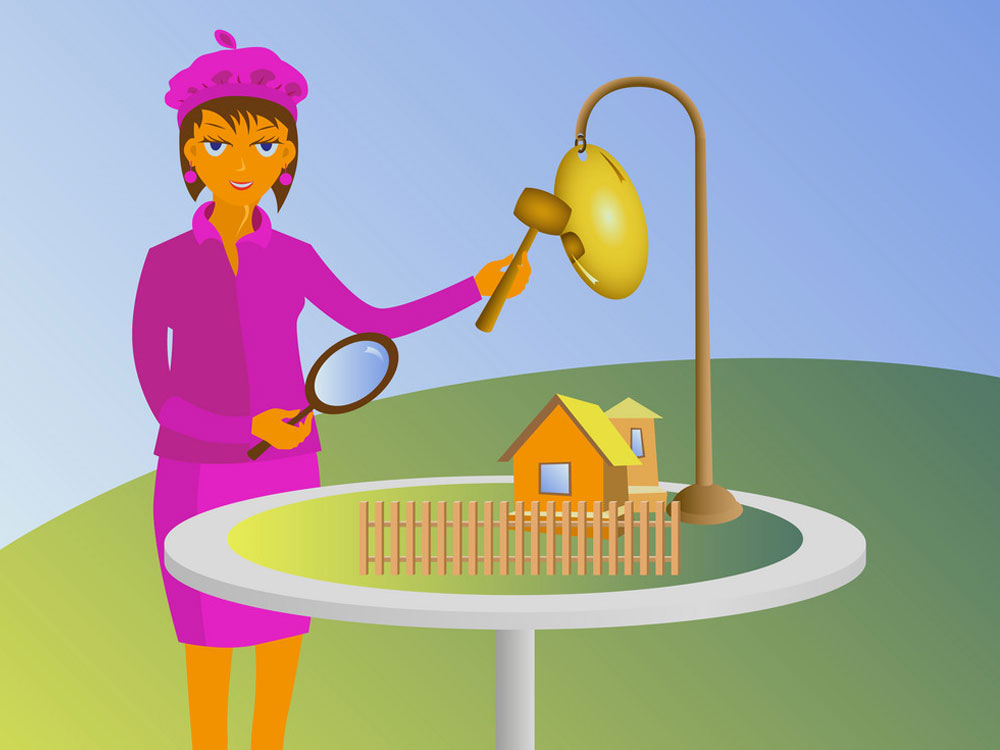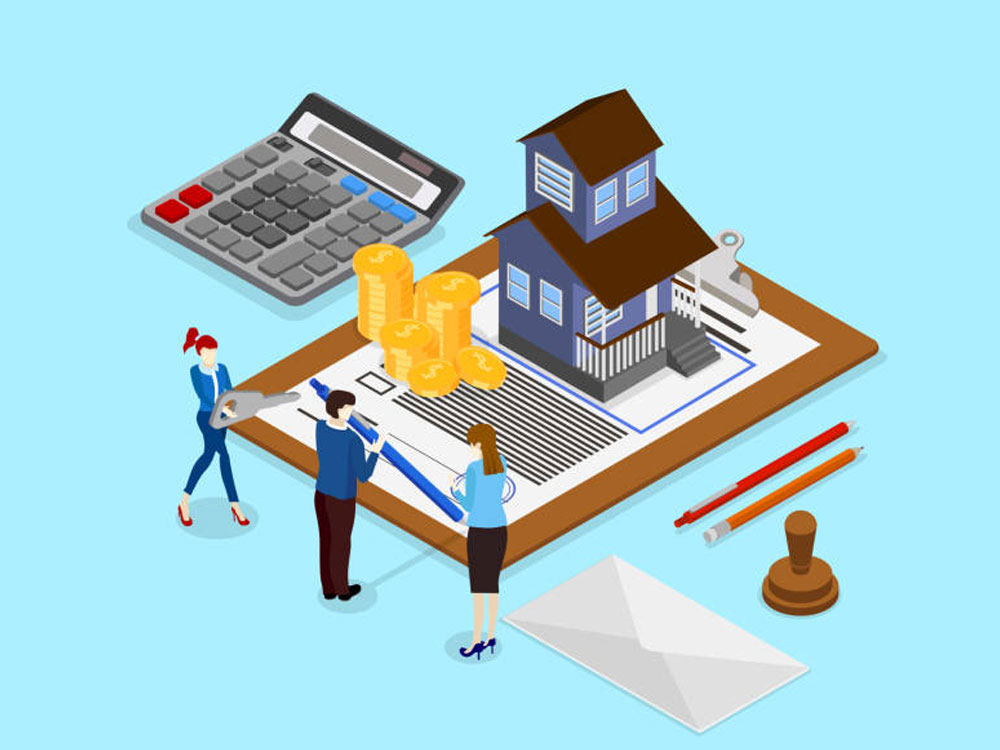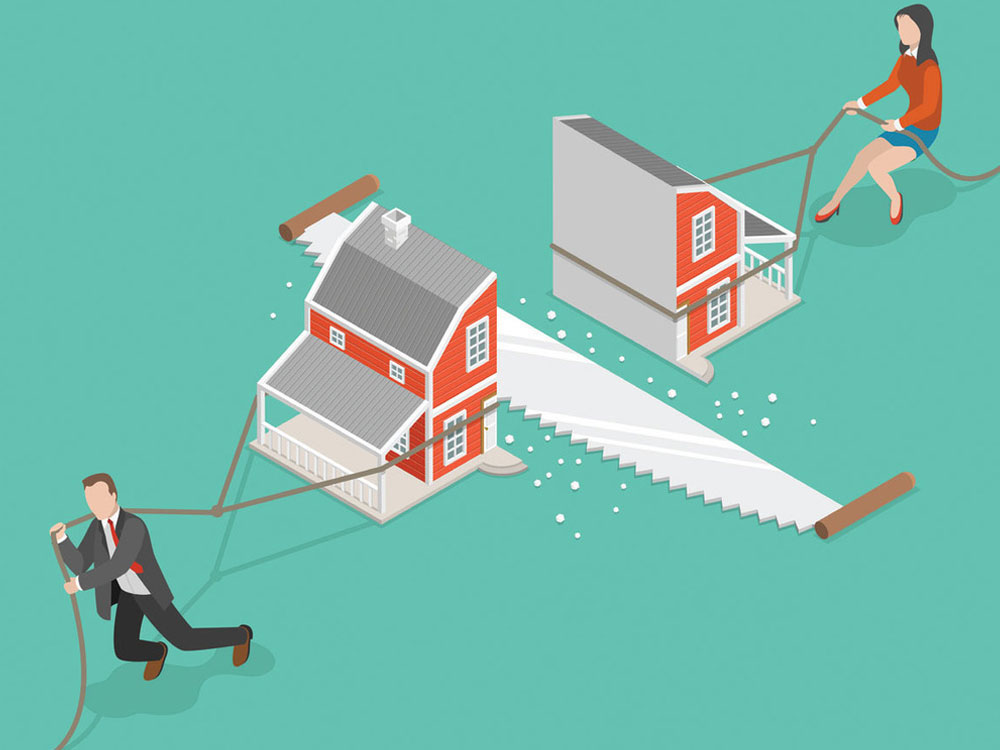Home valuer-flip-content-backup
We at SGA DESIGNS, Do Valuation for IMMOVABLE PROPERTIES.
TYPES OF VALUATION WORKS WE DO

PROPERTY VALUATION



PROPERTY VALUATION
A property valuation tells you how much your home is worth if you were to put it on the market. The process itself is typically very straightforward for residential property – you can do this through an estate agents.

ONLINE VALUATION
It is possible to get an online valuation at home. These are usually calculated by a computer (not a person) based on your location, property type and current market prices. They can be used as an extremely rough guide to give you some more information when you’re selling your home – but bear in mind that this is not as accurate as a property valuation.

MATRIMONIAL VALUATION
Matrimonial valuations are used in divorce or separation proceedings – the courts use them to determine how the couple’s assets will be divided. These are usually carried out by a qualified surveyor or valuer who has been jointly chosen by the divorcing couple, and they supply their report directly to the court.

PROBATE VALUATIONS
After a death, you may need to get a probate valuation of any property or assets the deceased owned so that inheritance tax can be calculated. The government (through HMRC) strongly recommends using a professional surveyor for this.

MORTGAGE VALUATION
A mortgage valuation, otherwise known as a basic valuation, usually involves a quick half-hour survey of the property that covers any obvious problems without going into too much detail.
When you’re applying for a mortgage, the lender will make their own estimation of the value of the house you want to buy to make a provisional decision on how much they’re willing to lend you for a mortgage – but most importantly, it can give you a very rough idea of how much you should be paying.
To find out more… talk to a mortgage advisor CTA
When you are selling or buying property, it’s essential to complement the mortgage valuation with a proper building survey from a professional surveyors, find out if you will need a homebuyers report or a building survey
MORTGAGE VALUATION

RETROSPECTIVE VALUATIONS
A retrospective valuation – literally establishing the value of your house on a specific date in the past – may be necessary for tax purposes, if you are involved in legal proceedings, or if you need to establish a value for probate.

TAX VALUATIONS
If your transaction is subject to capital gains tax, a tax valuation will help you work out how much you need to pay. Understanding what you owe in capital gains tax can get very complex, so many people need a professional valuer. The Inland Revenue may also require a professional tax valuation to be supplied in writing in order to work out stamp duty.

EXPERT WITNESS VALUATIONS
If you’re involved in litigation of a property dispute, expert witness provides a professional, credible survey that can be submitted to or relied upon in court. This includes a valuation as well as a record of any issues or defects with the property, and also information about your lease.

INSURANCE VALUATIONS
When a surveyor assesses your house, they may also carry out an insurance valuation. The purpose of this is to establish the insurance value of your property based on whether your property would cost more than the average market construction price to re-build if it was bulldozed, burnt down or damaged beyond repair.

BUILDING REINSTATEMENT VALUATIONS
This is part of your insurance valuation – working out the price of rebuilding your property in the event it’s damaged beyond repair, including any insurance risks involved.

DIFFERENT TYPES OF VALUATION METHODS
There are five main methods used when conducting a property evaluation; the comparison, profits, residual, contractors and that of the investment. A property valuer can use one of more of these methods when calculating the market or rental value of a property. The most prominent and preferred method to use is the comparison methods, as it’s directly linked to current market transactions.

THE PROFITS METHOD
The Profits method could be applied when no comparable rental/sale transactions are available, and it’s often used for pubs, hotels, nursing homes (typically a business property with an element of a monopoly, with results in lack of comparable variables). The method estimates a business’s gross profits and thereafter deducts all working expenses excluding any rental payments made; this gives the divisible balance, or the amount of capital to be shared between tenant (for running the business) and landlord (for rent).

THE RESIDUAL METHOD
The Residual method could be used to value property with development potential or vacant land that is having its current use changed to something more profitable. When calculating land value one must take the gross development value minus the cost of development (including the developer’s profit). The residual sum is then the capital that the developer can spend on the property in its undeveloped form. This method is, quite famously, inaccurate due to number of inputs and costs that are challenging to determine, and also have a tendency to change over time.

THE CONTRACTORS METHOD
The Contractor’s method is a cost method of valuation, and can sometimes be used when comparative, profits or investments methods cannot be used. The situation often occurs if a property has a specialist nature, meaning there are no market transactions. The method assesses all the costs of providing a modern equivalent property, and thereafter adjusting it to reflect the age of the subject property. This method is often referred to as the ‘method of last resort’ due to its unreliability, as the market value is determined by the economic forces of supply and demand, not by the cost of production.

THE INVESTMENT METHOD
The Investment method can be applied to determine the market value of a freehold or leasehold interest in property from its potential to generate future income. It is typically used for the main forms of properties where a tenant is providing the landlord with an investment return on his capital cost (purchasing the building). Using this method, the comparable property transactions of sales and lettings are analysed to find the revenue. The profit is thereafter applied to the future rental income, which is discounted back to the present day giving the net present value (NPV). This is finally used as an indicator of how much the building is presently worth.
